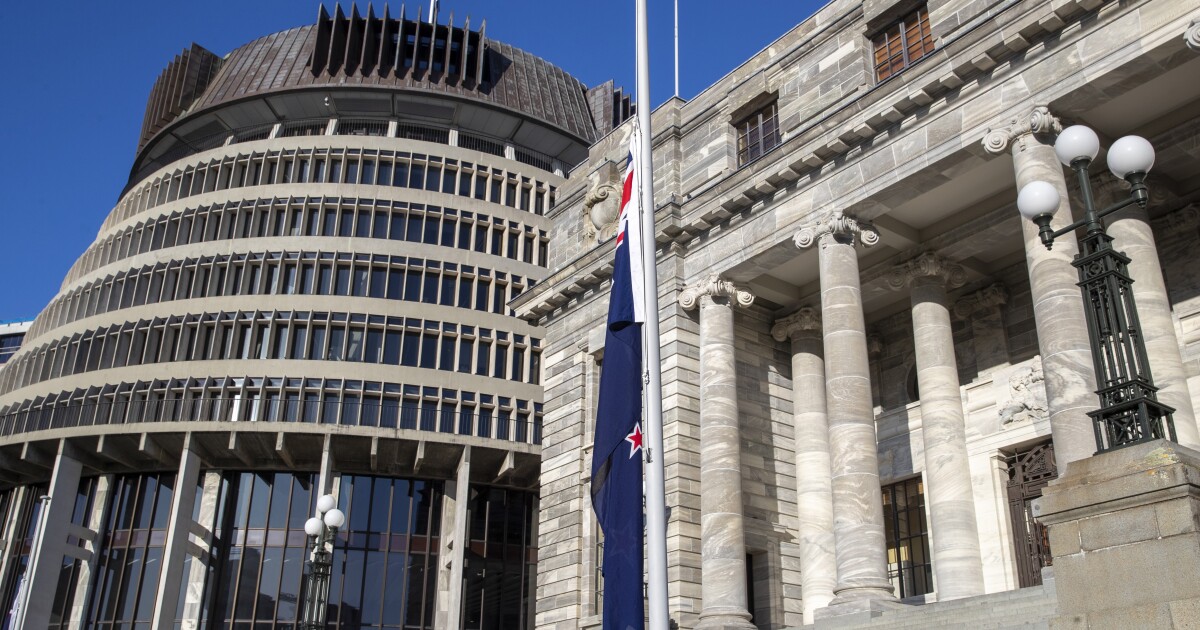

New Zealand lawmakers are seeking to level with their constituents by banning legal jargon from government proposals and laws.
Under the proposal, dubbed the Plain Language Bill, government officials would be required to use clear, concise, and “audience-appropriate” language in all official communications, with proponents arguing the ability to understand government documents is a democratic right. Lawmakers in favor of the proposal pointed to materials such as divorce papers and immigration documents as examples.
NEW ZEALAND SEES GREATEST JUMP IN ADULT WEALTH IN WORLD
“People living in New Zealand have a right to understand what the government is asking them to do, and what their rights are, what they’re entitled to from the government,” said Parliament Member Rachel Boyack, who introduced the bill.
The proposal is the country’s latest attempt to simplify government communications, building on its annual plain language award that is offered to people who accomplish the “best sentence transformation.” Previous examples include changing sentences such as “Over the year we tested the innovation readiness and change-adaptability of the organisation” to “We tested how ready our organisation was to innovate and make changes.”
Lawmakers have also argued the bill would help with higher tax compliance and increased trust in the government, allowing constituents to understand what is expected of them.
However, the bill does not have universal support and has become a topic of contention within the parliament. Those who oppose the proposal have argued it would increase costs by requiring the implementation of officials who ensure language is understandable without actually improving communication.
CLICK HERE TO READ MORE FROM THE WASHINGTON EXAMINER
“Let me speak with extremely plain language,” said National Parliament Member Chris Bishop. “This bill is the stupidest bill to come before parliament in this term. National will repeal it.”
The bill passed through its second hearing last month and faces one more vote from the parliament before it can take effect. It’s not yet clear when that final vote will be scheduled.







